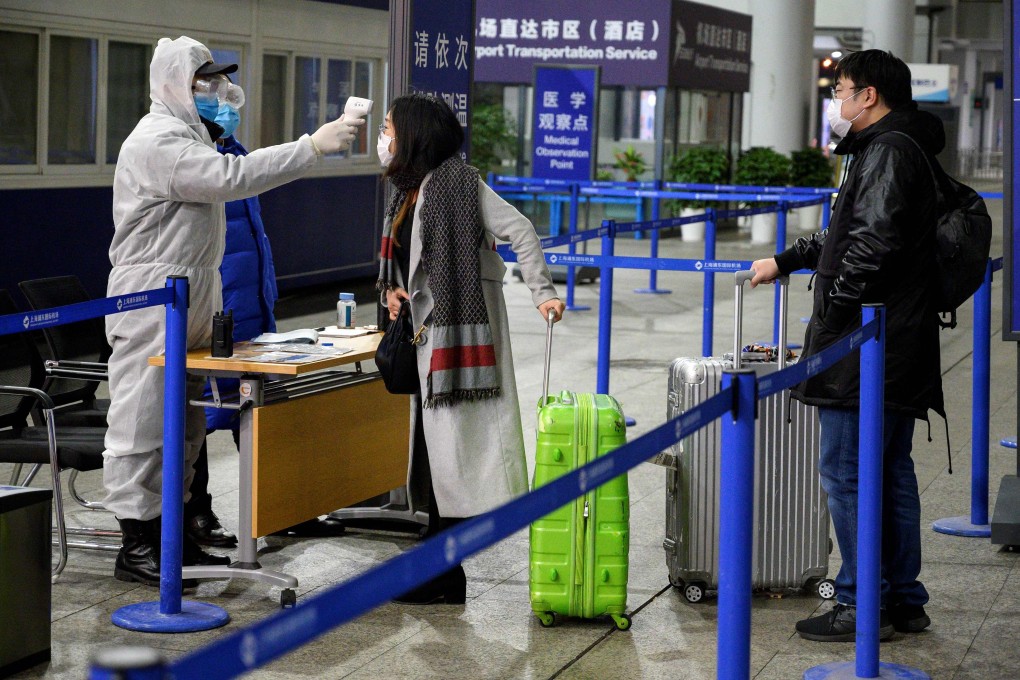Advertisement
Coronavirus weakens China’s demand for air cargo despite drastic freight capacity cuts on passenger planes
- There will be more than 25,000 fewer flights operated to, from and within China this week compared with two weeks ago, with 30 airlines halting services
- About half of the air cargo carried globally is on passenger jets rather than in dedicated freighters
Reading Time:2 minutes
Why you can trust SCMP

Major air cargo carriers said they have no immediate plans to add China flights to replace the capacity lost amid steep cuts to passenger travel due to the coronavirus, as many factories have remained shut down after the Lunar New Year.
Aviation data firm OAG said there would be more than 25,000 fewer flights operated to, from and within China this week compared with two weeks ago, with 30 airlines halting services.
About half of the air cargo carried globally is on passenger jets rather than in dedicated freighters, and the flight cuts have made the Chinese market more dependent on freight haulers.
Advertisement
But a spokesman for Germany’s Lufthansa Cargo said it had reduced its flying schedule, in part to allow pilots to spend the night in Novosibirsk, Russia, rather than in China. Demand from China to Germany fell because of the production shutdown, the spokesman said.
If you’re ordering people to stay in their houses it’s difficult to keep factories running. Many supply chains are essentially halted, so there’s nothing to transport
The Lunar New Year holiday has been effectively extended by 10 days in many parts of China, including powerhouse regions such as Shandong province and the cities of Suzhou and Shanghai.
Advertisement
Advertisement
Select Voice
Select Speed
1.00x